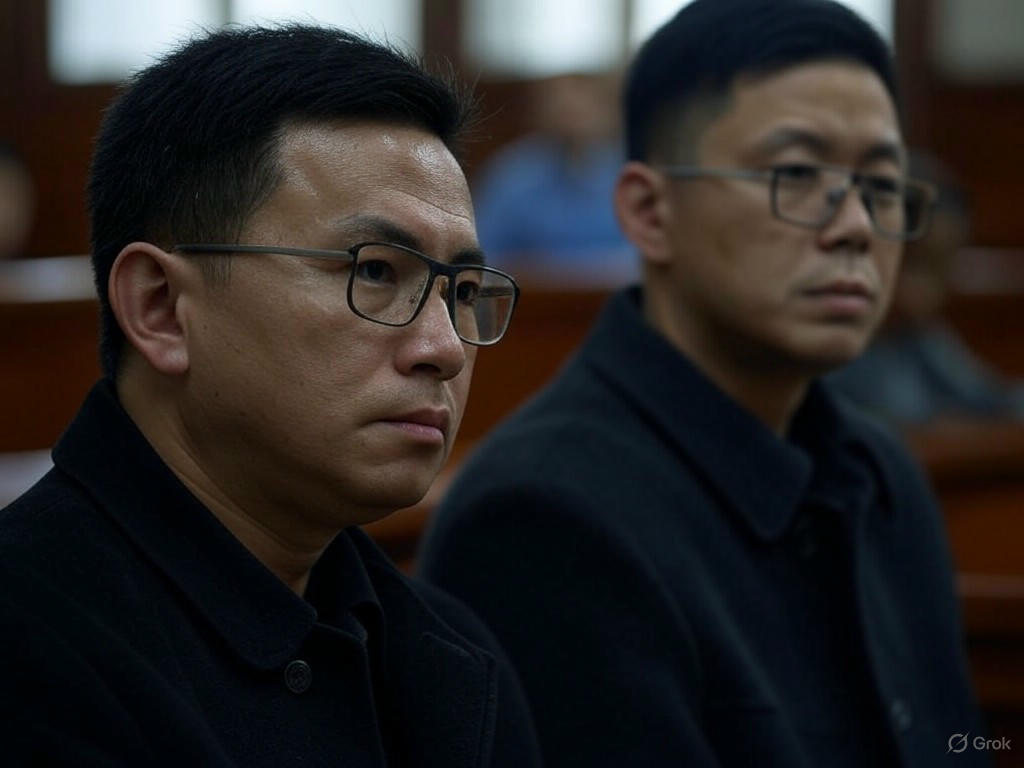In a startling case that has captured national attention, two individuals of Chinese descent, one a researcher from a prestigious university in Michigan, have been charged with attempting to bring a harmful biological agent into the United States. The accusations center around a toxic fungus, a pathogen with the potential to devastate agricultural crops and disrupt food security. This incident has sparked renewed concerns about biosecurity and the safeguarding of America’s farming industry, which is already grappling with numerous challenges.
The researcher, employed at the University of Michigan, and her partner allegedly conspired to transport the dangerous substance across borders, bypassing stringent regulations designed to prevent such threats. While details of their motives remain unclear, authorities suggest that the fungus could have been intended for experimental purposes or, more alarmingly, as a means to inflict economic damage. If introduced into the environment, this pathogen could wreak havoc on staple crops, leading to significant losses for farmers and potentially driving up food prices for consumers nationwide. The gravity of the situation underscores the importance of rigorous screening processes at entry points and the need for vigilance in academic and research communities handling sensitive biological materials.
This case also highlights the broader implications of bio-threats in an increasingly interconnected world. The ease of global travel and trade has made it more challenging to monitor and control the movement of hazardous materials. Experts warn that without robust international cooperation and stricter enforcement of biosecurity protocols, similar incidents could become more frequent. The agricultural sector, a backbone of the U.S. economy, remains particularly vulnerable to such risks, as even a small outbreak of a destructive pathogen could have cascading effects on supply chains and rural livelihoods. Beyond economics, there’s the looming specter of bioterrorism, with malicious actors potentially exploiting such agents for nefarious purposes.
Public reaction to the news has been one of concern mixed with calls for accountability. Many are questioning how such a breach could occur under the watch of institutions tasked with protecting national interests. The University of Michigan, while not directly implicated, faces scrutiny over its oversight of research activities involving foreign nationals. Meanwhile, law enforcement agencies are working to uncover the full scope of the operation, including whether others were involved or if this was part of a larger network dealing in illicit biological trade.
As the legal proceedings unfold, this incident serves as a sobering reminder of the invisible dangers lurking at the intersection of science and security. It prompts a critical examination of policies governing the handling and transport of biological agents. For now, the nation watches closely, hoping that justice will be served and that stronger safeguards will be put in place to prevent future threats to America’s agricultural heartland. The stakes are high, and the need for proactive measures has never been more apparent.
